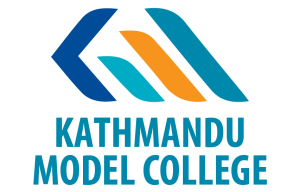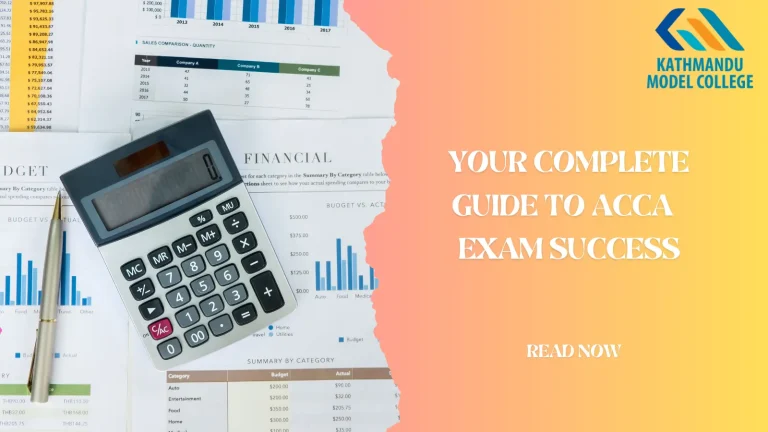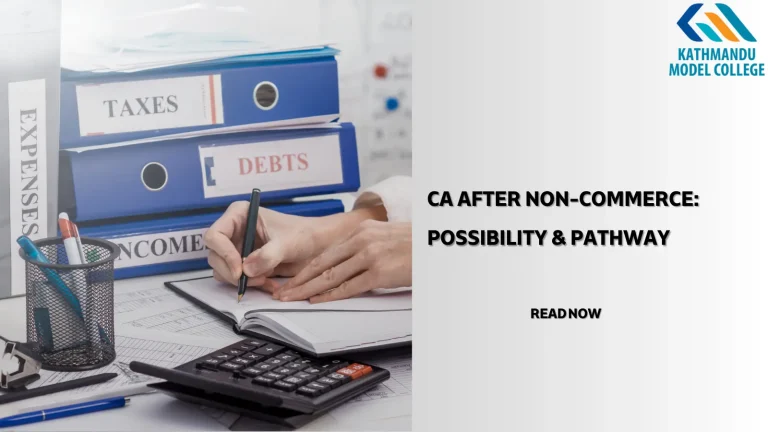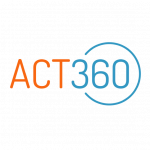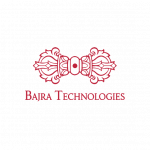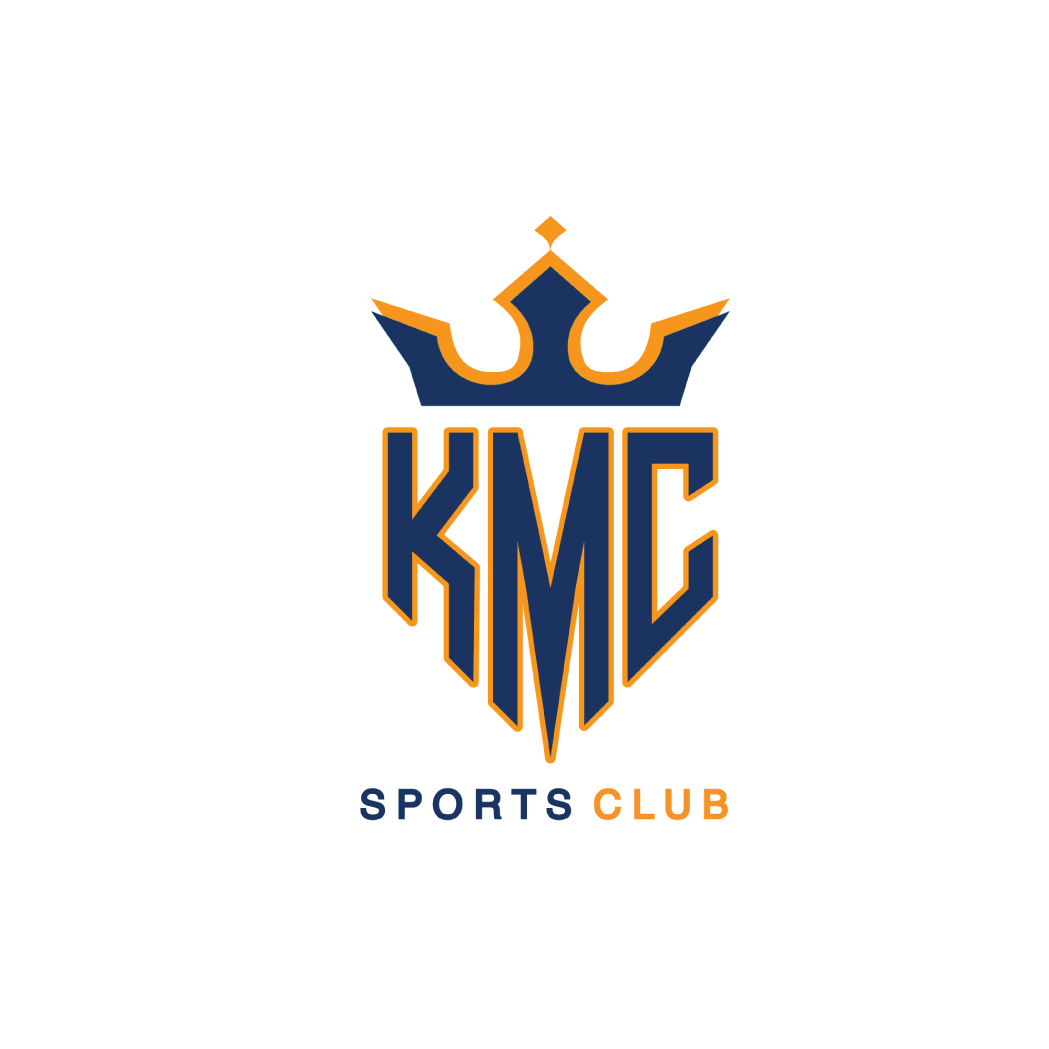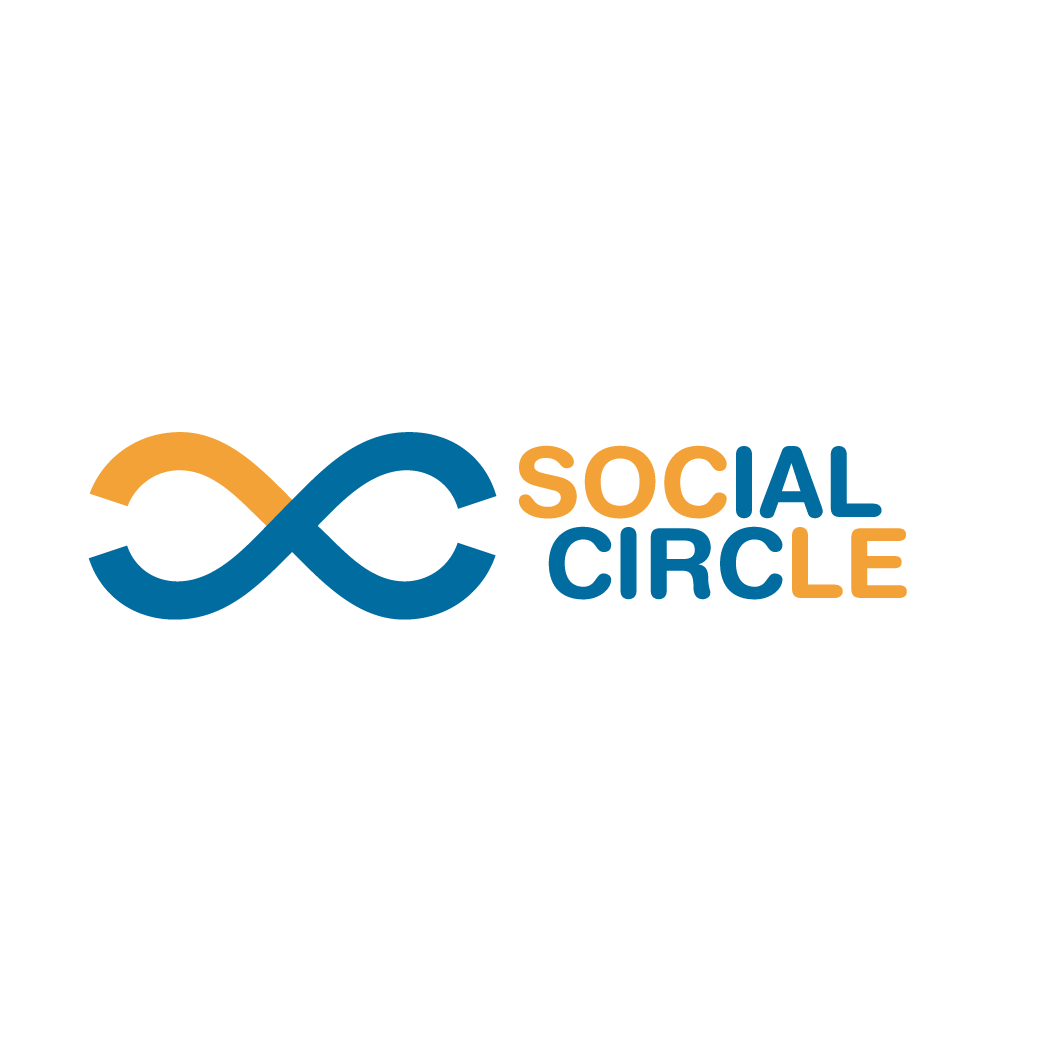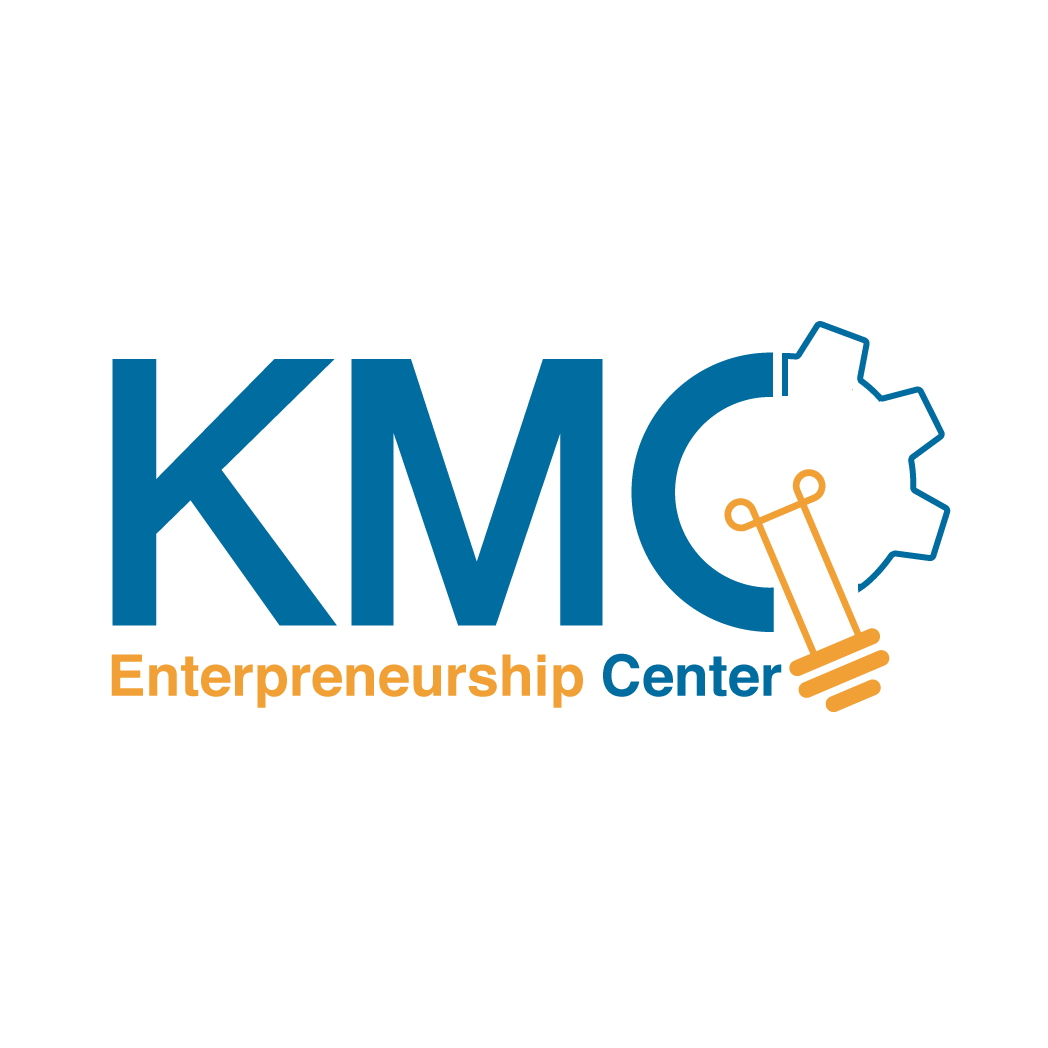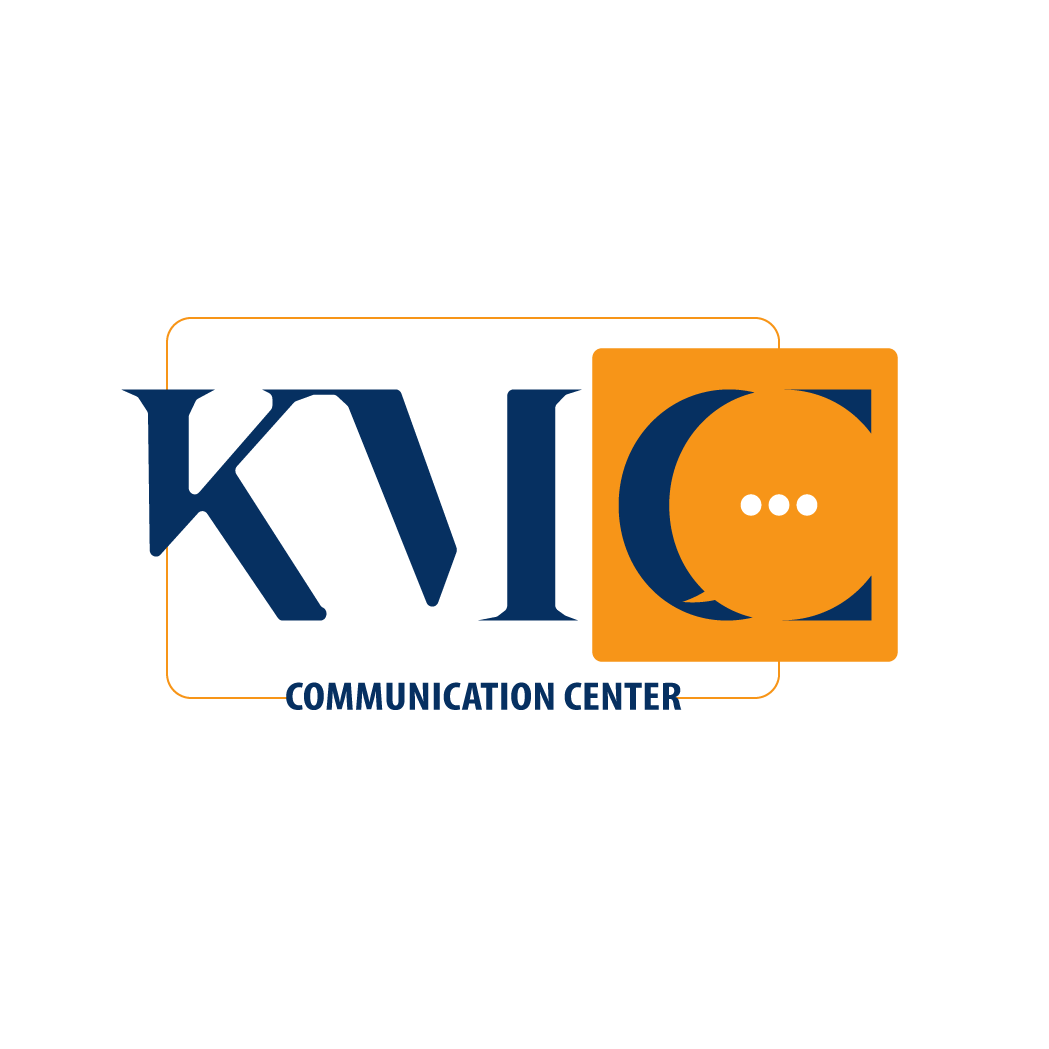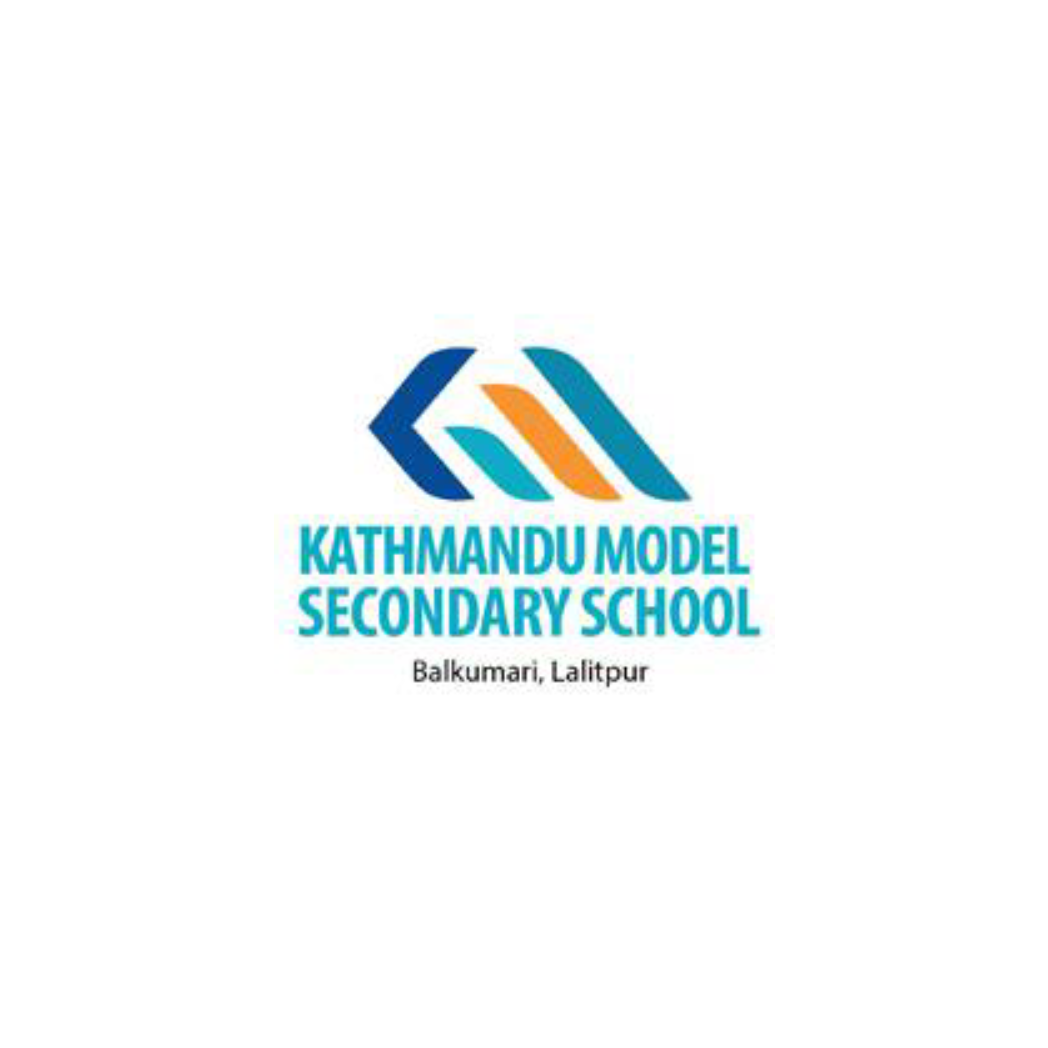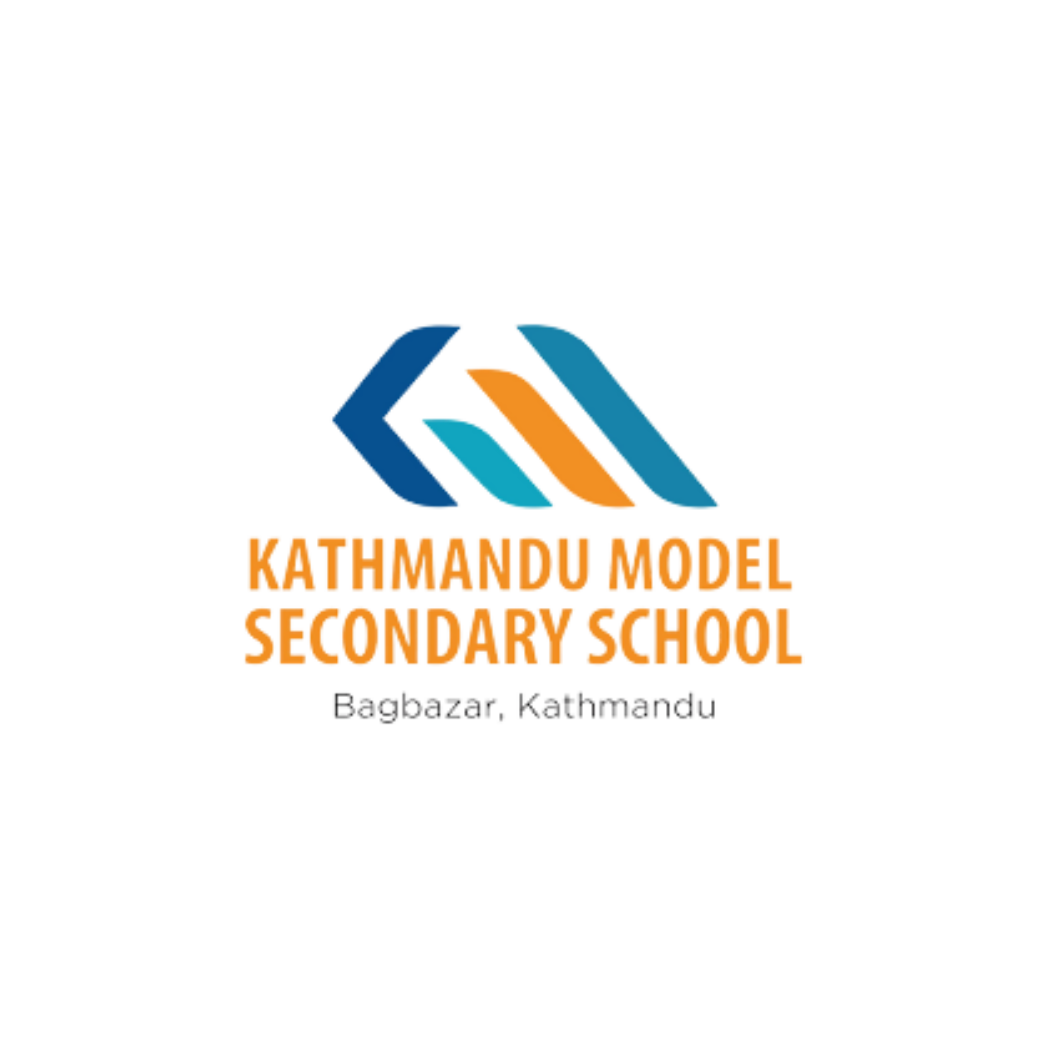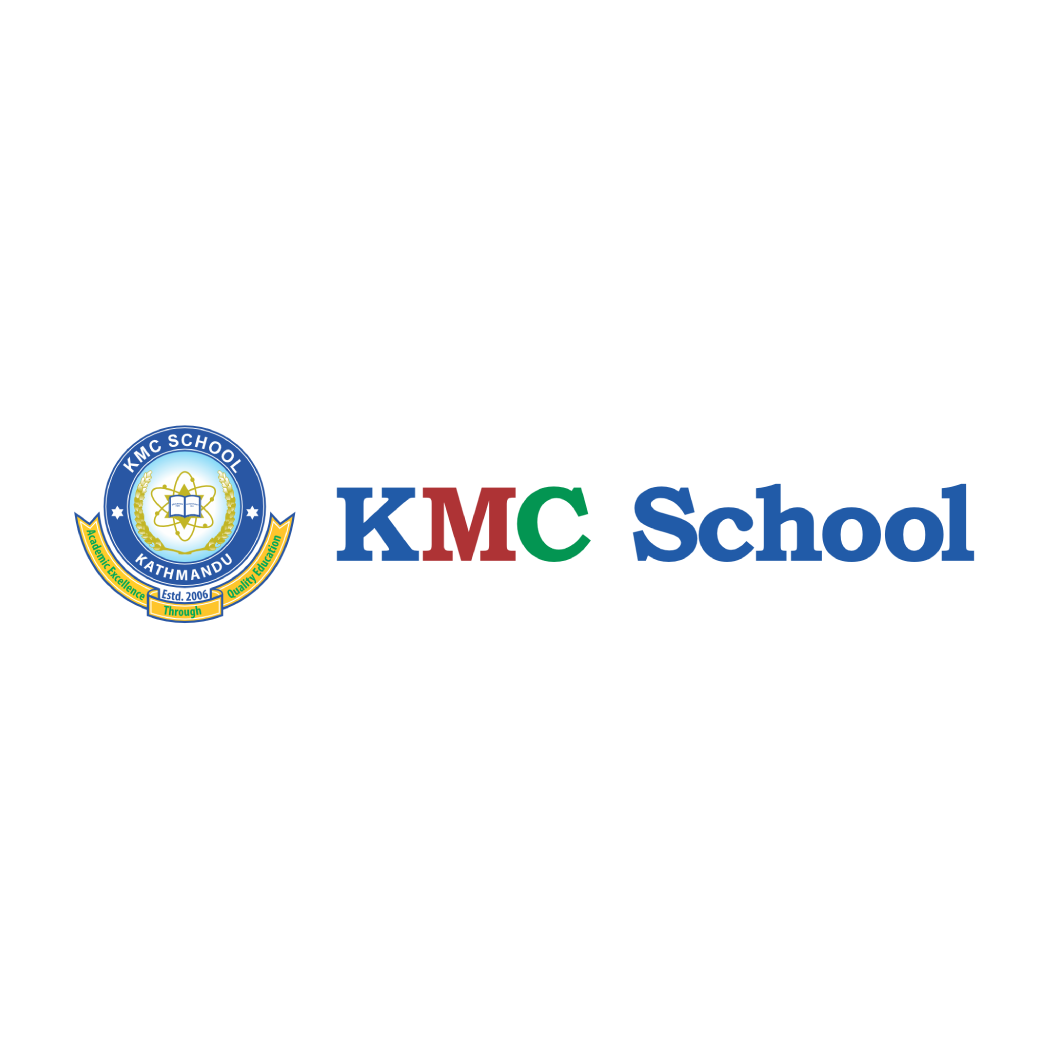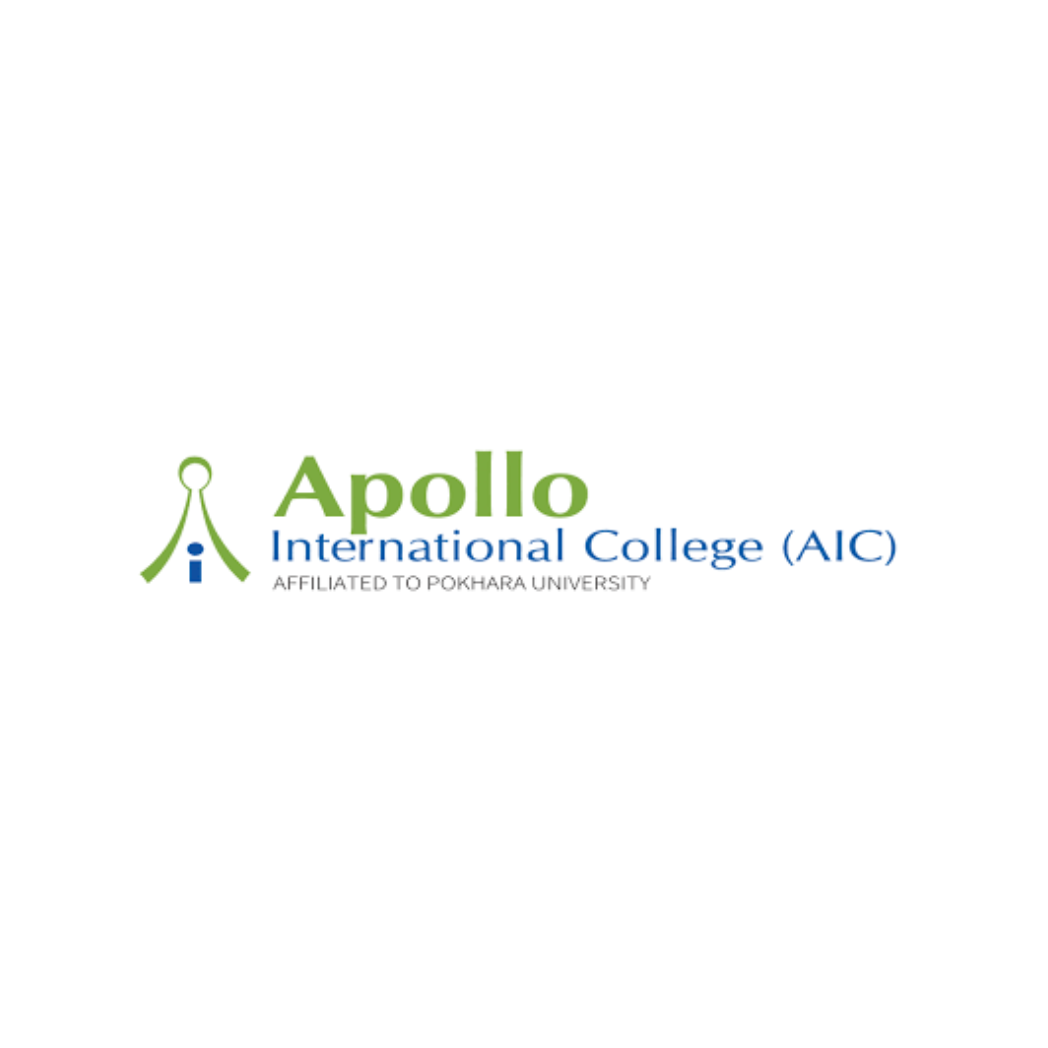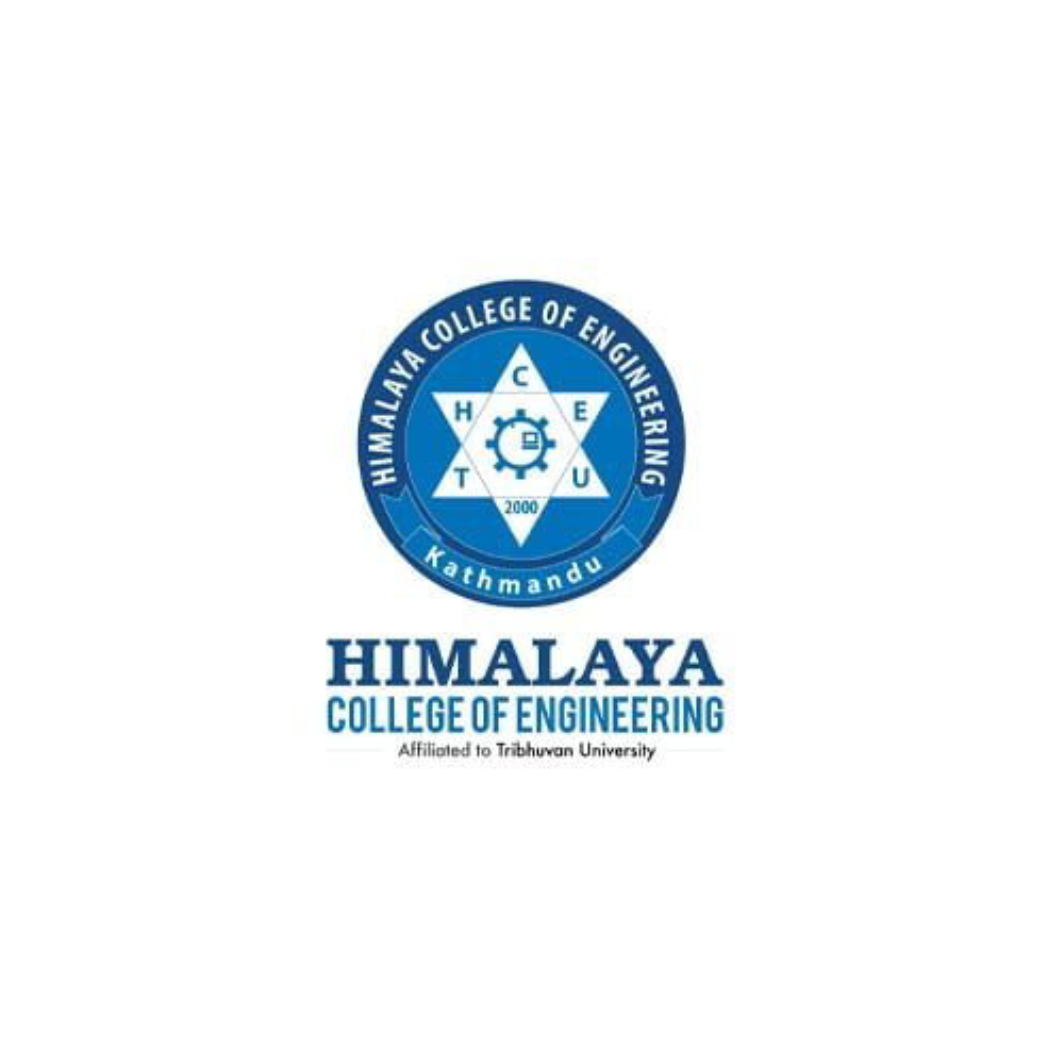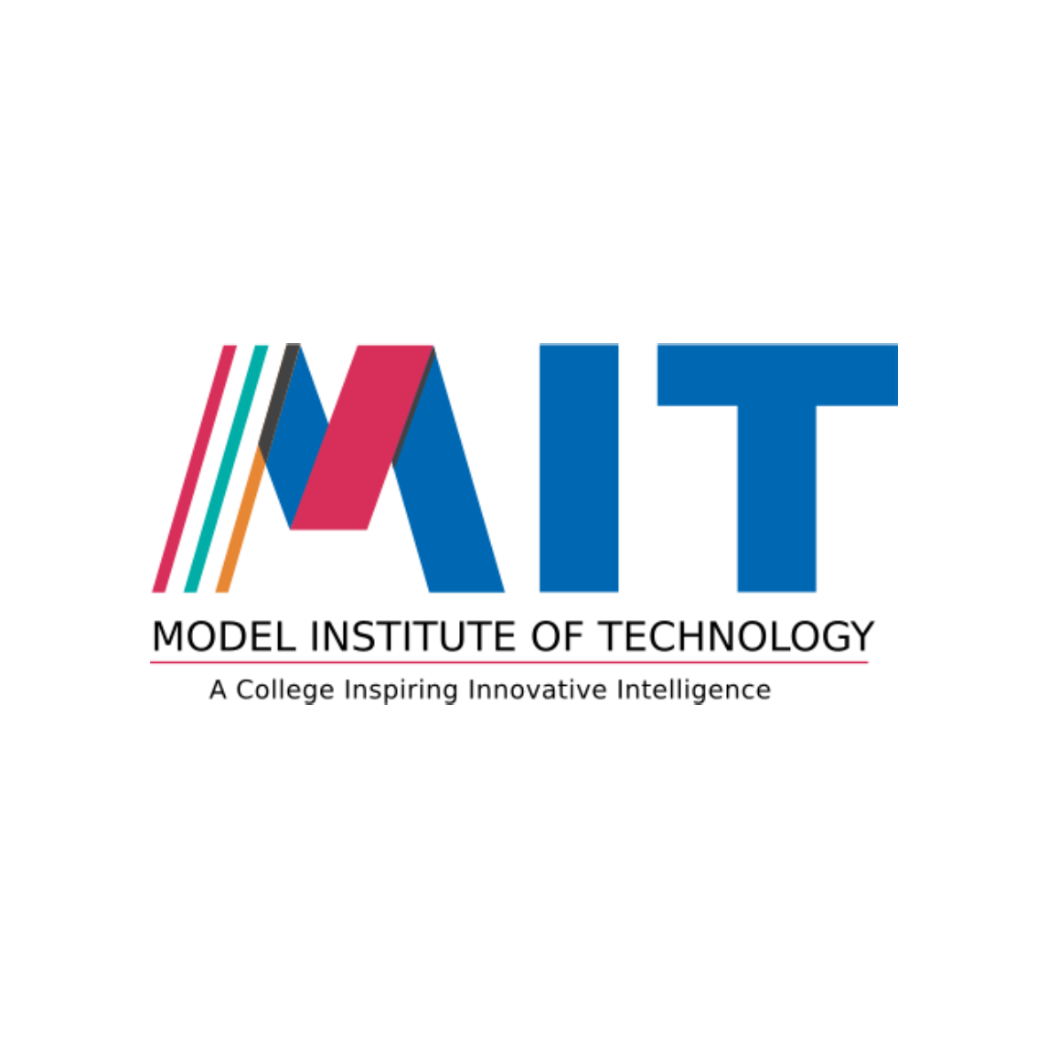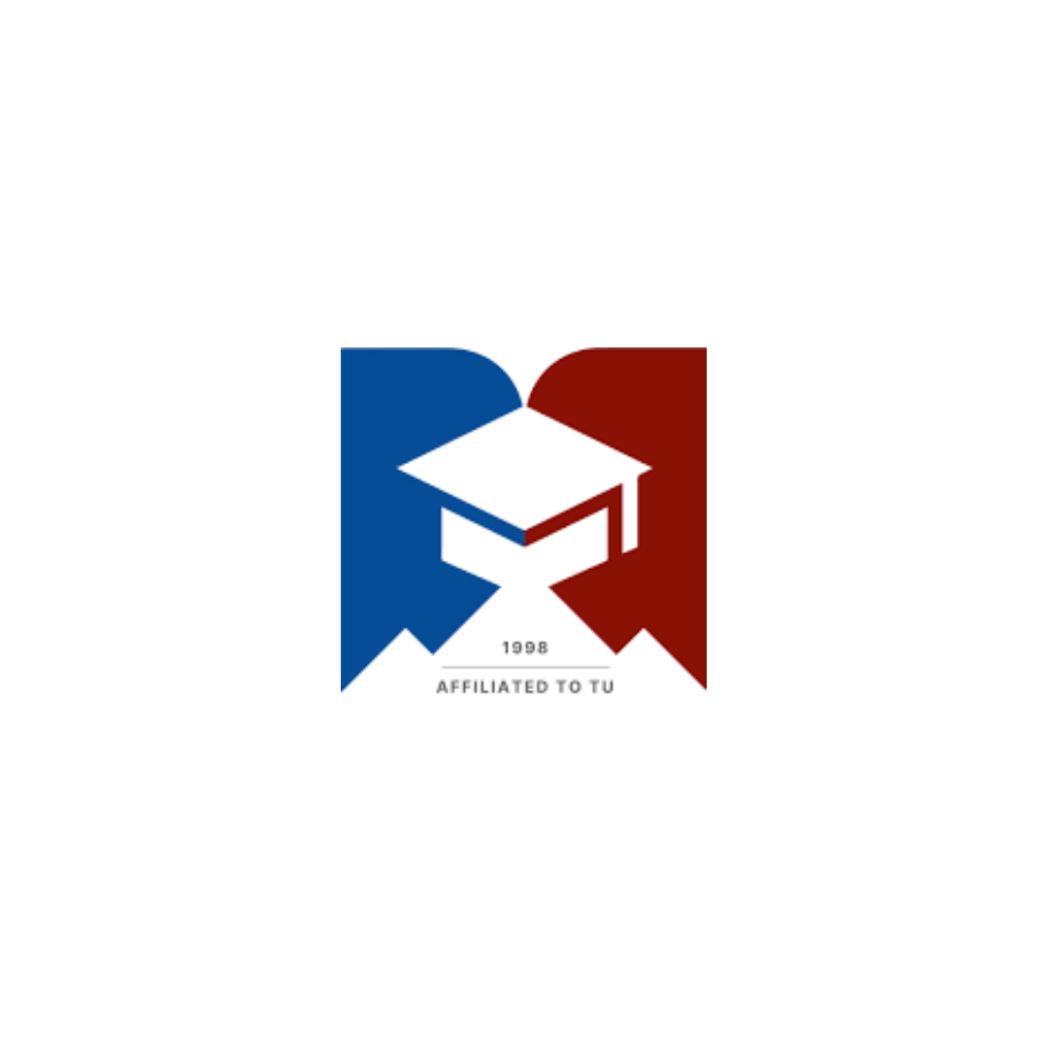
How to Prepare for Chartered Accountancy (CA) After +2 (12th grade) and the Cost of Study
Chartered Accountant (CA) is a professional qualification/ professional degree that signifies that an individual is capable of executing high-level accounting, auditing, and financial management procedures.
It is also a fully qualified accounting designation for individuals who undergo rigorous training, pass demanding exams, and are committed to regulating the accounting profession and its development to maintain their certification and uphold ethical standards.
To become a CA in Nepal, you can immediately start walking on the CA journey after the completion of your higher secondary level education.
Learn more about the CMAT Preparation Guide.
Here’s what you need to understand:
How to Become a CA in Nepal?
If your goal is to work within the country and specialize in auditing, taxation, or accounting, ICAN can be your priority.
Likewise, if you want to work abroad or in multinational companies, you should understand that ACCA has more global appeal.
About ICAN
ICAN stands for the Institute of Chartered Accountants of Nepal, established in 1997 under the Nepal Chartered Accountants Act, 1997.
ICAN is the official regulator responsible for conducting Chartered Accountancy (CA) exams in Nepal.
The ICAN exam involves in-depth theoretical and practical training, imparting sound analytical and problem-solving skills to students.
The course is divided into 3 levels:
CAP-I | Foundation | 6 months |
CAP-II | Application | 9 months |
CAP-III | Advisory | 3 years (including practical training) |
(Note: Institutes that provide ICAN classes are responsible for organizing a pre-test after the completion of the course, but before giving the final ICAN exam.)
CAP-I: Foundation Level
This is an entry-level test for the Chartered Accountancy course, which lasts for 6 months.
To appear in the Foundation level examination, students are required to complete at least 6 months from the date of registration and pass the pre-test prescribed by ICAN.
Eligibility Criteria
- Students who have completed their higher secondary level of education, or more, or equivalent from an institute recognized by ICAN, having a minimum of a CGPA of 2.0 or C grade or 50%.
- Be a Graduate or Postgraduate of the following programs:
- Bachelor’s / Master’s of Business Studies (BBS/MBS)
- Bachelor’s / Master’s of Business Administration (BBA/MBA)
- Bachelor’s / Master’s of Commerce (B. Com/M. Com)
(Note: Candidates who have appeared in 10+2 or equivalent examinations may register provisionally in the Foundation Level. However, registration shall only be confirmed after satisfactory results/proof within 6 months after registration.)
Course Overview
The Foundation Level consists of 4 papers carrying 100 marks each:
Paper 1 | Fundamentals of Accounting |
Paper 2 | Part A: Mercantile Laws Part B: Fundamentals of Economics |
Paper 3 | Business and Finance |
Paper 4 | Part A: Fundamentals of Management Part B: Commercial Mathematics and Statistics |
CAP-II: Application level
CAP-II is the second level of the CA course, where students expand and develop their knowledge from the foundational level to more technical and professional areas of business and accounting.
Eligibility Criteria
- Must have passed the CAP-I/Foundation Level Examination, or
- Be a Graduate or Postgraduate of the following programs:
- Bachelor’s / Master’s of Business Studies (BBS/MBS)
- Bachelor’s / Master’s of Business Administration (BBA/MBA)
- Bachelor’s / Master’s of Commerce (B. Com/M. Com)
(Note: Candidates who have appeared in the final year of graduation or post-graduation examination can register provisionally for the application level. However, registration shall only be confirmed after satisfactory results/proof within 6 months after registration.)
Course Overview
The Application Level consists of 6 papers divided into 2 groups, each carrying 100 marks:
Papers | Group I | Papers | Group II |
Paper 1 | Advanced Accounting | Paper 4 | Financial Management |
Paper 2 | Audit and Assurance | Paper 5 | Cost and Management Accounting |
Paper 3 | Corporate and Other Laws | Paper 6 | Business Communication and Marketing |
|
| Paper 7 | Income Tax and VAT |
CAP-III Advisory Level
CAP-III or the Advisory Level is the final level of the CA course, where students are focused on learning advanced concepts to develop themselves to be able to demonstrate analytical capabilities that require the linking of knowledge components, recognizing alternatives, and identifying problems, preparing students to become full-fledged Chartered Accountants.
During the advisory level course, students should undergo paid Articleship, lasting 3 years.
To appear in the advisory level examination, students must have less than 1 year of Articleship remaining on the first day of the examination month.
Candidates must have also passed the eligibility test/pretest at least 2.5 months ahead of the final examinations.
Eligibility Criteria
- Must have passed both the Foundational and Application Level.
- Obtained the certificate of completion of IT Training.
- Obtained Certificate of Participation in General Management and Communication Skills (GMCS) Training.
- Registered as an article trainee under a practicing Chartered Accountant by signing an Articleship Deed.
- (Articleship Deed must be submitted to ICAN within one month from the date of signing the deed.)
Read more on Bsc.CSIT Entrance Preparation Guide
Course Overview
The Advisory Level consists of 6 papers divided into 2 groups, each carrying 100 marks:
Papers | Group I | Papers | Group II |
Paper 1 | Advanced Financial Reporting | Paper 5 | Management Information and Communication System |
Paper 2 | Advanced Financial Management | Paper 6 | Advanced Taxation |
Paper 3 | Advanced Auditing | Paper 7 | Advanced Cost and Management Accounting |
Paper 4 | Corporate Laws | Paper 8 | Strategic Management and Decision-Making Analysis |
Registration Process and Fee Structure
Examinations are held twice a year- once in June and other in December.
CAP-I: 6 months before the final exams
CAP-II: 9 months before the final exams
CAP-III: 1 year before the final exams
Registration shall be done online through the following link:
Fee structure
The registration fee can be paid fully at the same time or can also be paid on an Installment basis:
CAP-I | 34,500/- |
CAP-II | 40,500/- |
CAP-III | 50,000/- |
About the training
- Student Orientation Program
The Student Orientation Program is a short program lasting one or two days aimed at familiarizing students with ICAN, levels, the examination process, and giving career guidance.
Candidates are required to mandatorily participate in this short program to be eligible to sit for the pre-test and main exams.
- Pre-Articleship Orientation Program
The Pre-Articleship Orientation Program is a short training session for students who have successfully cleared their CAP-II and are about to get started with their Articleship Training.
The main objective of this program is to orient the students about the Professional Attire, Professional Culture, Behavior, and Etiquettes to be maintained by them during their three years of Articleship Training Journey.
- Information Technology (IT) Training
The Information Technology (IT) Training is a mandatory training program, which lasts 60 hours, for students expecting to start their Articleship.
This training aims to help build strong technical and software skills in students, for practical data handling and analytical skills.
- General Management and Communication Skills (GMCS) Training
GMCS training is a 15-day course training which is designed to help candidates develop interpersonal, communication, and management skills, providing exposure to contemporary issues in the changing socio-economic scenario.
- Articleship Training
Articleship Training is one of the core elements of the CA course offered by ICAN.
It is a total of 3 years mandatory program where candidates work under a licensed CA, during the CAP-III level.
Students are entitled to get the following minimum stipend amount during the training period:
Year | Minimum Stipend per Month (NPR) |
1st Year | 5,000 |
2nd Year | 7,000 |
3rd Year | 10,000 |
Know more about the KUMAAT Preparation Guide
Key tips to prepare for the ICAN Examination
- Understand the syllabus
Go through the official ICAN syllabus for each level, starting from CAP-I to CAP-III.
Understand the structure of the questions, including the mark distribution, weightage of each topic, and duration of the exams.
- Create a study plan
Divide the syllabus into systematic segments, and have an organized studying schedule to cover all subjects in the given time.
Give more focus and allocate more time to weaknesses or challenging concepts.
- Utilize quality resources
If you do not have enough confidence in self-studying, consider joining a trusted coaching institute for structured guidance and comprehensive study materials.
You can also use online resources, available practice materials, and past papers to refine your knowledge.
- Practice
Solving past papers helps to gain familiarity with the exam format, question types, and frequently occurring tricky questions.
Regularly solve numerical problems and case studies, as it helps in enhancing problem-solving ability for CA questions, which are usually based on application.
- Time Management
Allocate a specific timeframe for each subject and question to efficiently manage your time during the examination.
During your practice session, stimulate the actual exam environment to manage your time effectively and improve your speed with increased accuracy.
- Positive Mindset
Believe in yourself and don’t lose confidence.
A positive mindset will always boost your performance and help to stay motivated.
- Avoid distraction
Do not stress or stay overwhelmed.
Take short breaks and minimize the usage of mobile phones or any other activity during study time.
- Review and Revise
Regularly revise the syllabus for a long-term effect.
Make notes and summaries to make your revision quick and effective.
- Stay updated
Regularly go through the ICAN website to stay informed about any changes or any further notices in the examination process.
Chartered Accountancy is a prestigious, responsible, and rewarding profession.
It imparts the best combination of theoretical knowledge, practical experience, with analytical as well as technical skills to look after the entire operations and management of modern business organizations.
However, not every student aspires to become a Chartered Accountant.
For students seeking broader academic programs that provide both practical and theoretical learning, especially in the fields of management, business, and social sciences, Kathmandu Model College (KMC) offers you compelling alternatives that give you experience beyond the world of banking and auditing.
Learn more about the Engineering Entrance Preparation Guide
Why choose KMC?
KMC College is one of Nepal’s leading and best academic institutions, offering you some of the best Tribhuvan University (TU) verified courses.
We have proudly secured the Quality Assurance and Accreditation (QAA) certification from the University Grant Commission (UGC), and were honored by the award of Nepal’s Best Campus 2080 B.S.
We provide students with combined modern teaching approaches, distinguished by faculty, and exceptional student outcomes.
We provide you wide range of programs like:
- Bachelor of Business Administration (BBA)
- Bachelor of Business Studies (BBS)
- Bachelor of Business Management (BBM)
- Masters of Business Studies (MBS)
- Bachelor of Computer Applications (BCA)
- Bachelor of Arts (BA)
- Bachelor of Social Work (BSW)
- Master of Arts (MA)
Our undergraduate Business programs offer a progressive alternative to the CA course, which equips our students with a balanced academic program between business management, entrepreneurship, and global awareness, emphasizing leadership, innovation, research, and practical skills.
Through our collaborations with various engaging brands, we make sure that our students are ready to enter the competitive global market.
Students of our college from the faculty of Arts and Humanities get the exclusive offer of getting exposed to the understanding of human behavior and services through theories and community visits.
Students benefit from expert guest lectures, multiple research opportunities, and vibrant activities like debates and publishing, helping build practical skills for roles in education, media, mental health, and development.
The BSW degree offered by our college features fieldwork with NGOs and real-world community projects, giving graduates the practical experience required to bring change in the environment of social service.
Students aiming to specialize in finance and accounting go through an intense academic journey, which is narrow-structured, while KMC College provides a broader and more flexible academic environment.
With diverse programs like BBA, BBS, MBA, MBS, and many more, we aim to transform our students into professionals, ready to step into the career world through industry-focused training, hands-on experience, mentorship, and guidance from the experts.
For students seeking to grow not only academically, KMC provides fulfilling guidance for not just academic knowledge but also personal growth and career versatility.
We encourage students to embark on a balanced and enriching educational journey.
